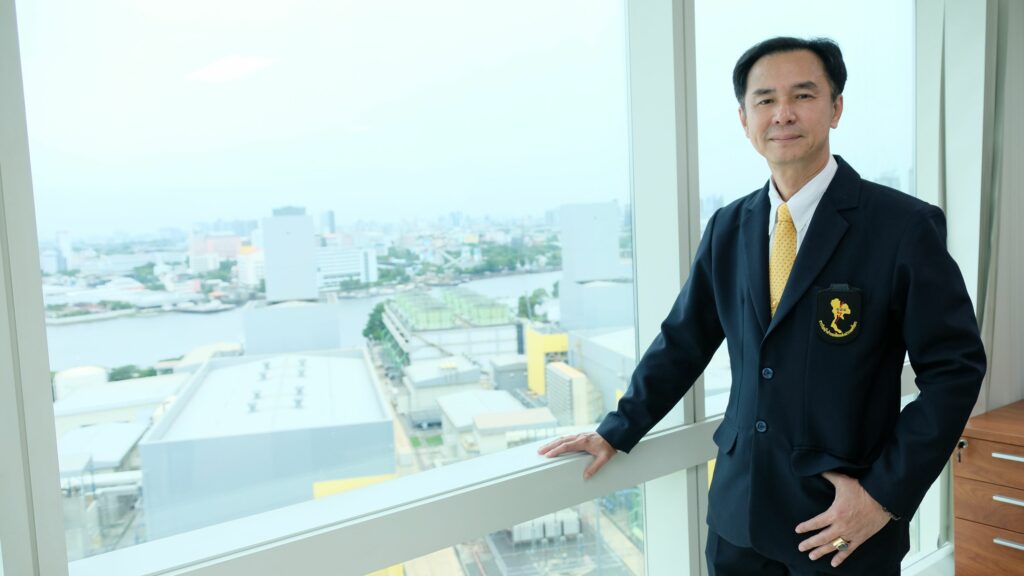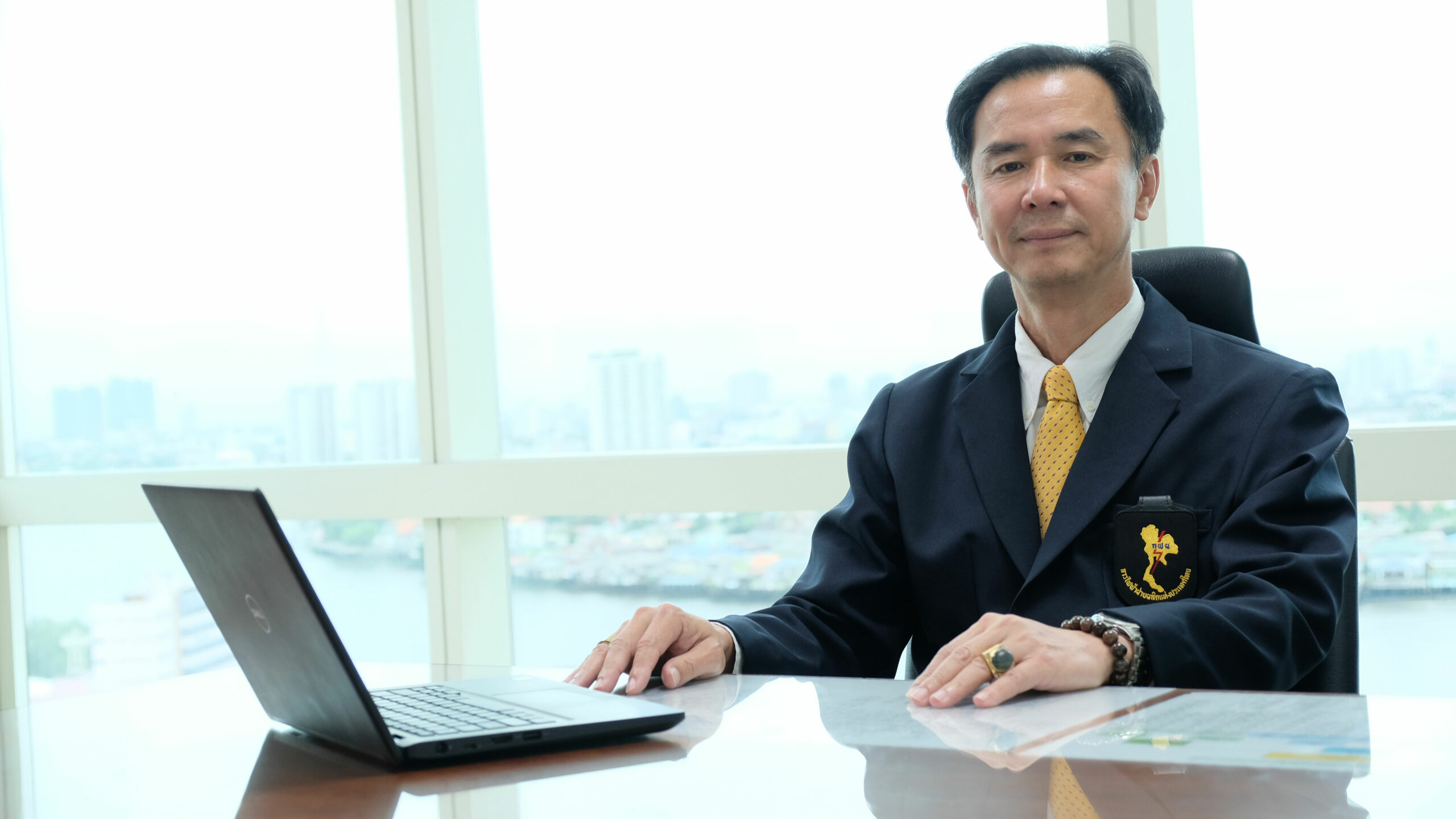Electricity Generating Authority of Thailand (EGAT) is a power state enterprise and a subsidiary organization of the Ministry of Energy with the Ministry of Finance as a major shareholder. EGAT operates its main business in generating and distributing electricity to Metropolitan Electricity Authority (MEA), Provincial Electricity Authority (PEA), the electric users, nearby countries, and other electricity businesses under the EGAT Act.
EGAT generates electricity from its 50 power plants located in all regions in Thailand with a total generating capacity of 15,789.58 megawatts. EGAT power plants consist of 3 thermal power plants, 6 combined cycle power plants, 27 renewable energy power plants (hydropower), 9 renewable power plants (wind, solar, geothermal), 4 diesel power plants, and another power plant.
Mae Moh power plant is a large power generation plant in the North that has 10 power generators with a total capacity of 2,275 megawatts and can generate 18,000 units of electricity per year, using lignite from Mae Moh mine, Lampang, as a fuel. However, ash residue from burning coals that sticks on the wall of power plants’ boiler directly affects the stability and efficiency of the power generation. Therefore, EGAT had cooperated with MTEC to develop High Pressure Water Soot system for Water Wall Boiler Cleaning to increase the generation efficiency, reduce maintenance costs, and reduce reliance on foreign technologies.
Mr. Polsri Suvisisarsa, Deputy Governor-Generating, recalled his work experience that, after graduated with a degree in mechanical engineering, he had worked as a mechanical engineer at Mae Moh power plant since 1983, responsible for mechanical engineering, electricity, and pinwheel. He also had a hands-on experience in controlling and improving the efficiency of the power plants’ system, as well as writing codes. Later, he worked as an advisor on many oversea projects that EGAT collaborated with private sectors, responsible for the restoration and improvement of production efficiency to enhance productivity and reduce costs. At present, he is the Deputy Governor-Generation of Mae Moh Power Plant.

EGAT had allocated approximately 2-3% of the profits on the research budget in order to distribute to its internal departments, divided into 5 directions, namely (1) 40% on innovation in the national electrical system, (2) 25% on problem solving, efficiency boosting and cost reduction, (3) 155% on environmental remediation, (4) 10% on sustainable living with the community, and (5) 10% on new businesses.
Mr. Polsri Suvisisarsa said that when there are technical challenges with the power generation, EGAT will cooperate with experts to do research and seek the proper solution. Therefore, EGAT had cooperated with MTEC on the development of High Pressure Water Soot system for Water Wall Boiler Cleaning, which the phase 1 had finished. The project result was satisfactory and could be used to increase production efficiency, reduce costs and dependence on foreign technologies.
At present, the project continues to phase 2, in which EGAT has more opportunities to cooperate with the research team and give suggestions on the project’s improvement in theories, techniques, and methods, as well as participate in the work process to optimize the operating time to keep up with the demand.
MTEC should be more proactive by visiting the worksite
so that the research team will understand the problems clearly.
The research results should be in line with the operation plan,
so the company won’t lose its opportunities in the market,
and once the project had finished, MTEC should transfer the developed technology to the public for further development.
Lastly, Mr. Polsri Suvisisarsa suggests that for conducting new research, MTEC should be more proactive by visiting the worksite so that the research team will understand the problems clearly. The research results should be in line with the operation plan, so the company won’t lose its opportunities in the market, and once the project had finished, MTEC should transfer the developed technology to the public for further development.

